USC MBA Class Profile
I always advise students to look at the class profile for any MBA program they’re interested in. This recommendation certainly holds true for all of Magoosh’s Top 25 MBA programs, and the USC MBA program is no exception!
Why is the class profile important? Well, it tells you two things. First it tells you the academic achievement of students who are typically accepted. This helps you know what standards you should meet when you apply, answering questions such as “What GMAT score do I need for USC?” and “What GPA do you need for the USC MBA?” Second, it helps you understand what your learning environment will be like, by telling you the demographics of your classmates.
Below is a table that shows academic and demographic information for the USC MBA class of 2023. I’ve also included the USC MBA acceptance rate.
Class Profile: USC MBA Program, Class of 2023
| Class Size | 218 |
| Acceptance Rate | 24.3% |
| Average GMAT Score | 716 |
| Average GPA | 3.57 |
| Average Work Experience | 5.25 years |
| Minorities | 47% |
| Underrepresented Minorities | 21% |
| LGBTQ | 7% |
| Female | 36% |
| International Students | 34% |
In the table above, the acceptance rate info comes from U.S. News and World Report. The rest of the data above comes directly from the USC Marshall MBA program’s own class profile page. I’d strongly encourage you to check out that class profile page, because it includes a lot of interesting additional information, including the academic and professional backgrounds of accepted students. On that page, notice that both business backgrounds and science backgrounds are quite common for MBA candidates in the class of 2023!
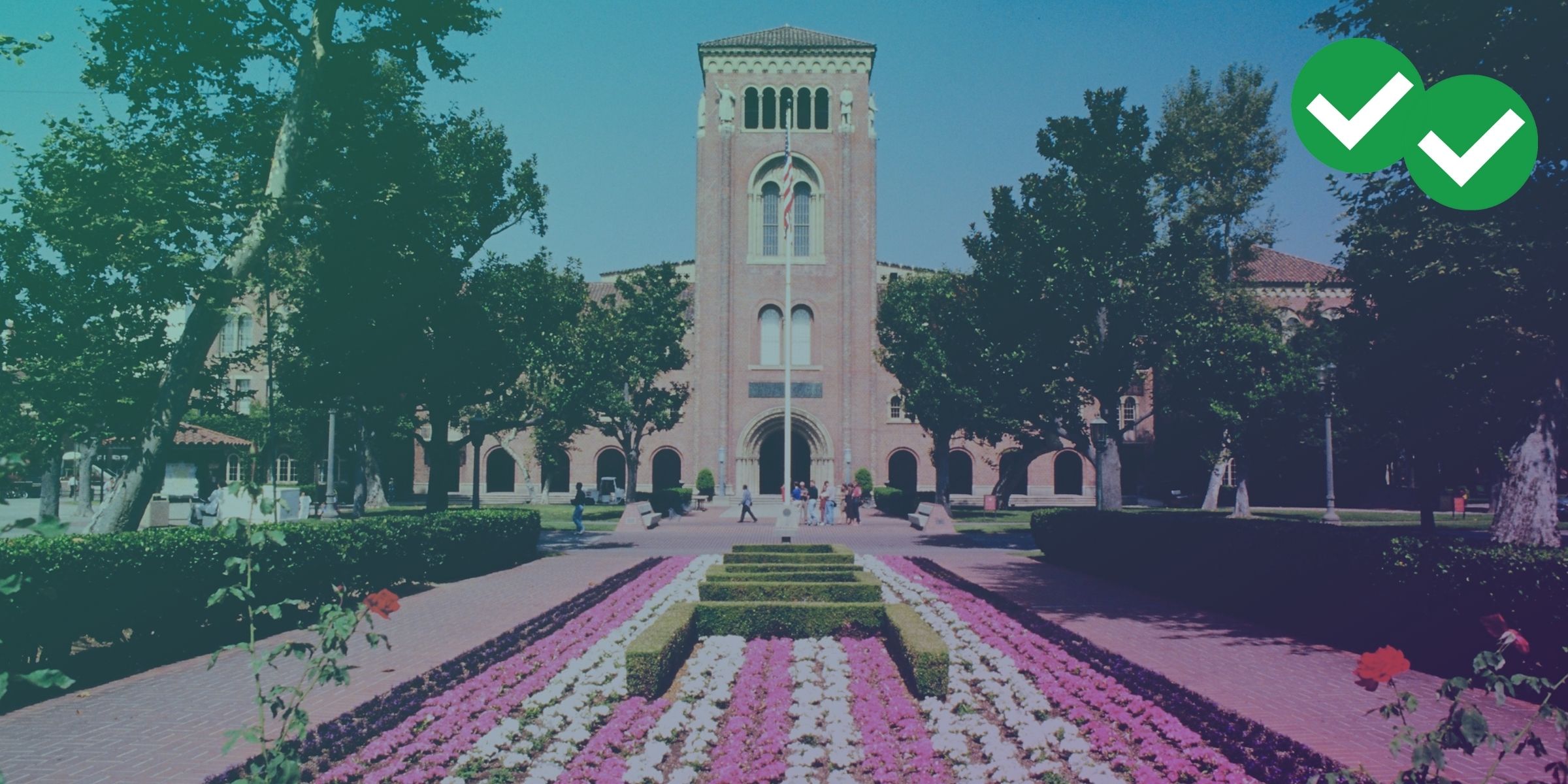
How to Get Into the USC MBA Program: Admissions Requirements
USC’s application process for the MBA program includes a number of requirements and steps. But before we get to the application checklist, I want to share a wonderful piece of news: the USC Marshall School of Business DOES NOT CHARGE AN APPLICATION FEE for its MBA program! This really is a breath of fresh air, and their reasoning really brought a smile to my face. On their application requirements page, USC Marshall says:
The Marshall Full-Time MBA Program does not require an application fee. Rather we prefer to consider any candidate who has a genuine interest in our program regardless of the ability to pay a fee.
Isn’t that wonderful? In additional good news, the USC Marshall MBA doesn’t require reference letters either! OK, on that note, let’s look at what you do need in order to apply to the USC Marshall MBA.
Register For and Complete an Online Application
You can sign up and start your online USC MBA program application here.
Academic Transcripts
You’ll need to submit transcripts that demonstrate you have completed a bachelor’s degree; you’ll also need to submit all transcripts from any past or present university study.
GRE or GMAT Scores (if applicable under USC MBA Program rules)
USC Marshall generally requires test scores form its applicants, but there are a number of exceptions. Current USC Medical students who are applying for the MBA as part of a dual degree MBA/MD program don’t need to submit test scores. Other students may apply for a test waiver. To ask for a waiver, you should argue that you have demonstrated your ability– especially math ability– through other forms of achievement. More details can be found in the “Test Waiver” section of the USC Marshall Admissions Frequently Asked Questions page.
Application Essays
There are two required essays when applying for a USC MBA. Essay themes can vary from year to year. Currently, the USC Marshall MBA admissions committee requires a statement of purpose that is limited to 100 words and a personal statement letter that may be as long as 600 words. A third optional essay, max 250 words, may be written to explain anything other information applicants feel the adcom should know. For more details, click to expand the “Essays” section of USC Marshall’s admissions requirements page.
A Professional Resume
USC recommends that your resume should be one page in length, but they don’t treat that limit as a hard and fast rule.
Proof of English Proficiency
Typically, the USC MBA program asks students for TOEFL or IELTS scores as proof of English language ability. However, students who have completed an undergraduate program where the courses were taught in English can submit their undergrad transcripts instead of taking an exam. If you think your undergraduate degree may qualify, contact USC admissions to double-check.
How Much Does an MBA Cost at USC?
This is not part of the applications checklist per se, but certainly, the ability to pay for USC is an important part of getting into the door and staying in the program. Like most higher-rated MBA programs (US News and World Report puts USC Marshall in the top 20), tuition is relatively high compared to non-business grad school. Still, the USC MBA’s full-time tuition price tag of roughly $133k puts it within standard range for B-schools of its class. And they do offer scholarships. See the USC Marshall MBA’s Tuition and Fees page for details.
Remember though– the costs I linked above are specifically for the full-time MBA program. Costs can vary with the other MBAs USC offers. “What other MBAs?,” you may ask? Hold on to your B-school hats– we’re in for a wild ride through USC’s five different MBA options in the very next section.
USC MBA Program Overview
This section should answer a couple of common questions I get from students. First off, is the USC MBA competitive? Yes, but exactly how competitive it is– and what the exact standards are– varies depending on the program. Secondly, I’m sometimes asked “Does USC have a good MBA program?” It definitely does, but it also has, in fact, five good MBA programs! The USC Marshall school provides five distinct MBA options, each catering to different demographics.
1. Full-time USC MBA Program
Geared towards younger business professionals, the full-time MBA is a two-year program built upon a 5-term first-year core curriculum. Beyond this core, students have ample elective options to customize the program to their individual career goals. Elective categories include data science, marketing, entrepreneurship, business communication, and more. Accepted students have an average work experience of 5.25 years. With an average GMAT score of 716 and an average GPA of 3.57, the USC full-time MBA is fairly competitive.
2. Part-time MBA for Professionals and Managers
Like the full-time MBA, the part-time MBA is aimed towards younger professionals with 5 years of work experience. However, this 3-year program is intended for those looking to maintain a full-time job throughout their MBA pursuits. First year classes are available at either the main USC campus in Los Angeles, or the Orange County Center in Irvine. However, students must complete second and third year courses at the L.A. campus. Per the class profile page for this USC MBA program, the average GMAT score (636) and average GPA (3.3) are a bit more attainable than the average standards for successful full-time applicants.
3. Online MBA
USC’s online MBA offers students a great deal of scheduling flexibility. Following the recommended schedule will allow completion of the program in five semesters. Although students have ample opportunity to set their own schedules, the online MBA still requires a hefty 20-30 hours of schoolwork per week. According to the program FAQ, the average GMAT score is 630 and the average GPA is 3.2. Compared with the “in-person” MBAs, online MBA students tend to have slightly more work experience, averaging 8 years.
4. Executive MBA (EMBA)
The EMBA is a two-year program focused on experienced senior professionals. The average student is 37 years old and boasts 14 years of work experience. Students are expected to maintain full-time jobs throughout the duration of their studies, and coursework will often mesh with the students’ own professional undertakings. Courses are available at either the USC L.A. campus, or the Omni La Costa Resort in Carlsbad, CA (San Diego area). Classes themselves meet every other Friday and Saturday for 7.5 hours. GMAT scores are optional, but score submission is encouraged if an eligible test is on file. Ultimately though, experience is stressed over test scores where admissions are concerned. The average student age is 29 (compared to 29 for the full and part-time MBAs), and successful applicants have an average of 15 years of work experience (source: USC EMBA class profile page).
5. International Business Education and Research MBA (IBEAR MBA)
Finally, the IBEAR is a one-year accelerated program geared towards mid-career professionals and designed to aggressively recruit students from around the globe. Enrolled students will complete 56 units of coursework over six terms. There is also an option for an IBEAR degree with STEM emphasis. For details on these options, see the main curriculum page and the page for the STEM option.
The class profile page indicates that IBEAR students have an average GMAT score of 630, and typically possess 10 years of work experience. Because GPA systems vary so much from country to country, GPA is not a key admissions criteria for IBEAR. Ultimately, a small but diverse class size of 56 students from dozens of different countries ensures an intimate and cultured cohort.
Does USC have a good MBA program?
If you’ve read this far, you may already have ideas about many of the things that make USC’s MBA fairly good. But there are a few other unique aspects of the program to consider.
Alumni networking and support is certainly an important factor. USC takes their commitment to the network of Alumni and current students– what they call the Trojan Network— very seriously. And you can read even more about their alumni resources here.
Secondly, USC recruits and supports people with STEM interests and ambitions to an impressive degree. Arguably, they are on par with MIT’s MBA program in that respect. I’ve already mentioned IBEAR’s recently-added MIT emphasis. It’s worth mentioning that the regular full-time MBA at USC also has a well-established optional STEM emphasis.
Of course, return on investment is also a consideration. And USC provides a lot of info to help you investigate that aspect of your decision. Be sure to check out Marshall’s employment outcomes page, which includes detailed reports on earnings and job placements for the last seven years of graduating cohorts.

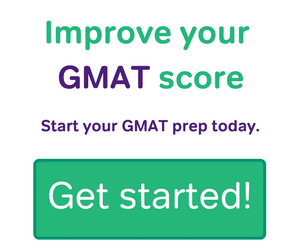
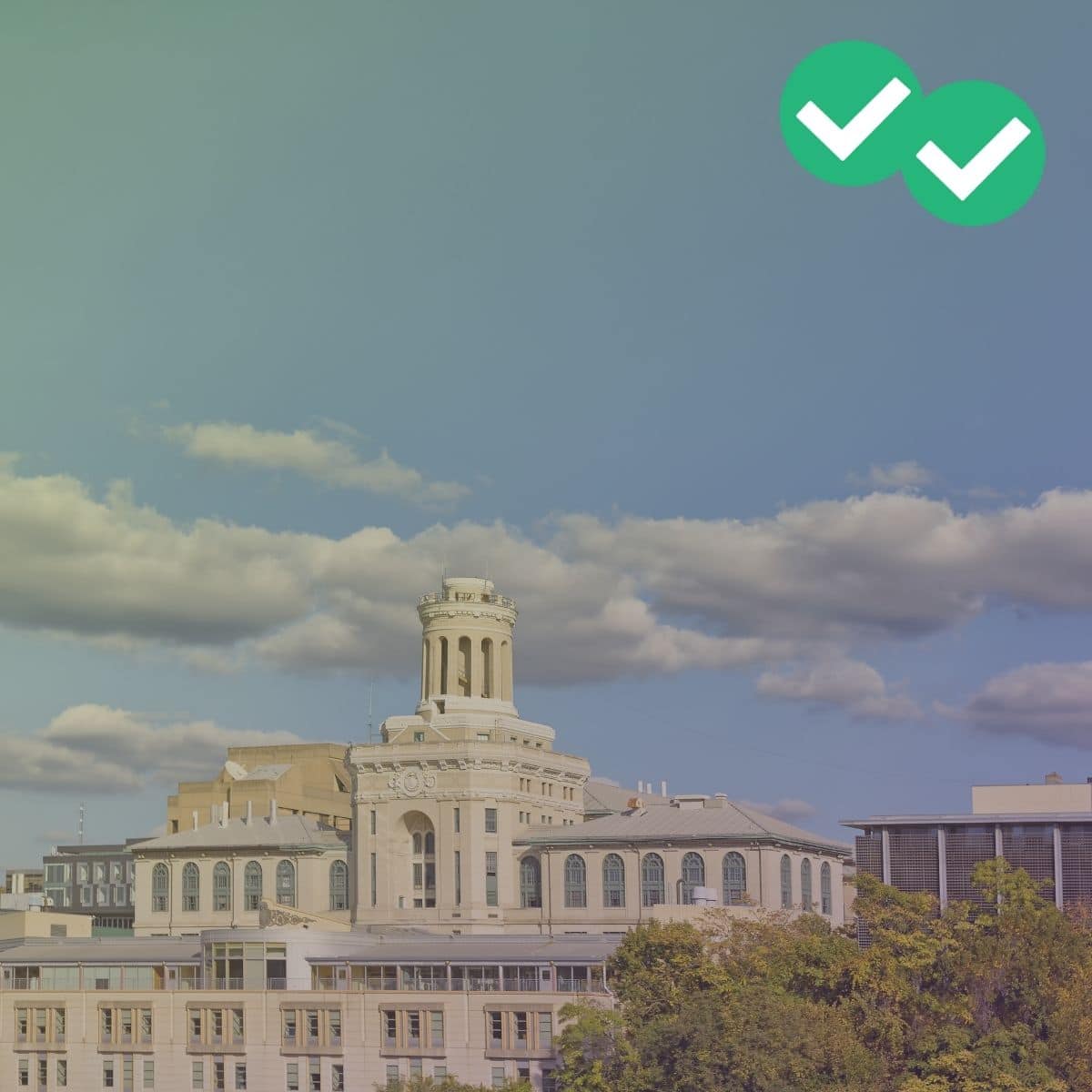
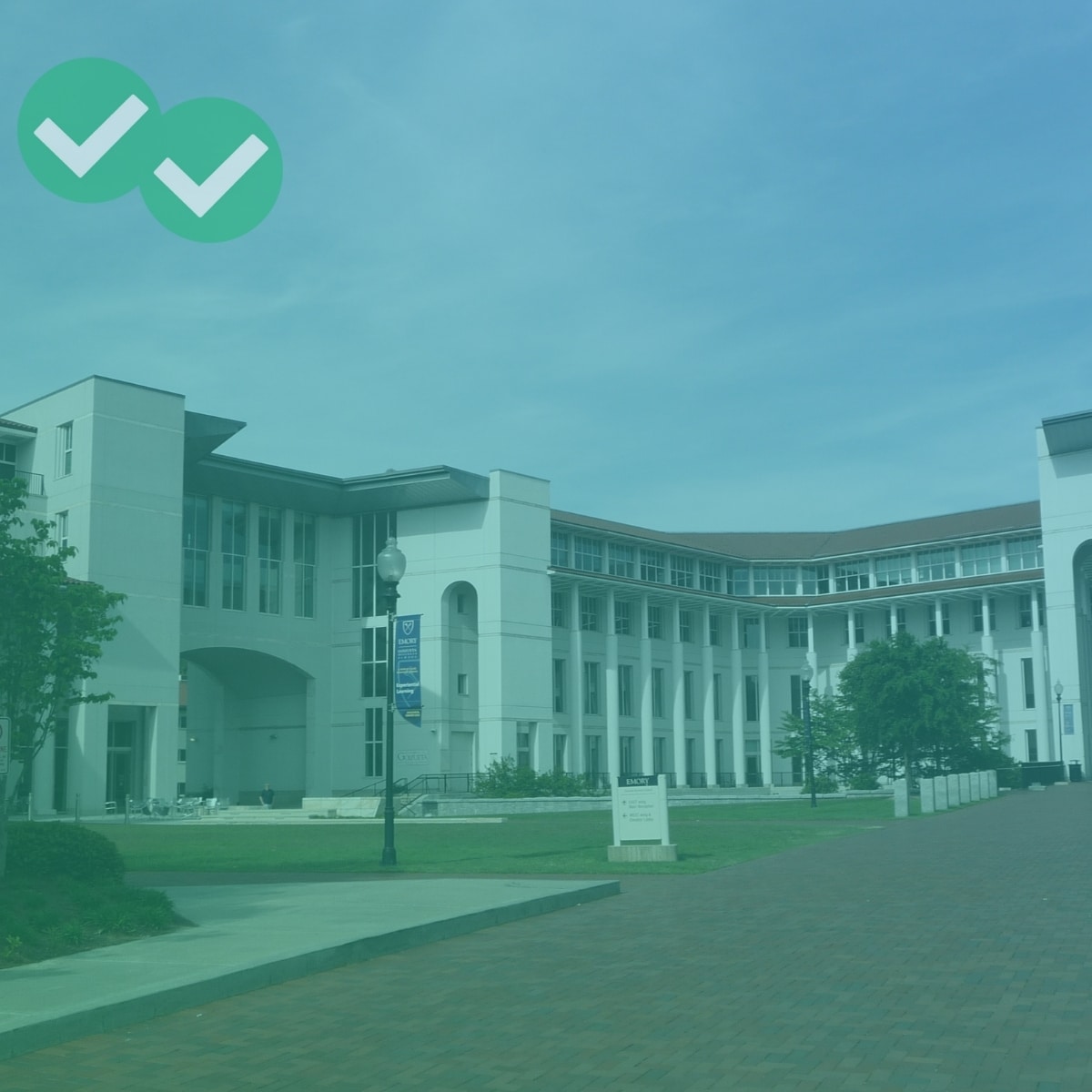

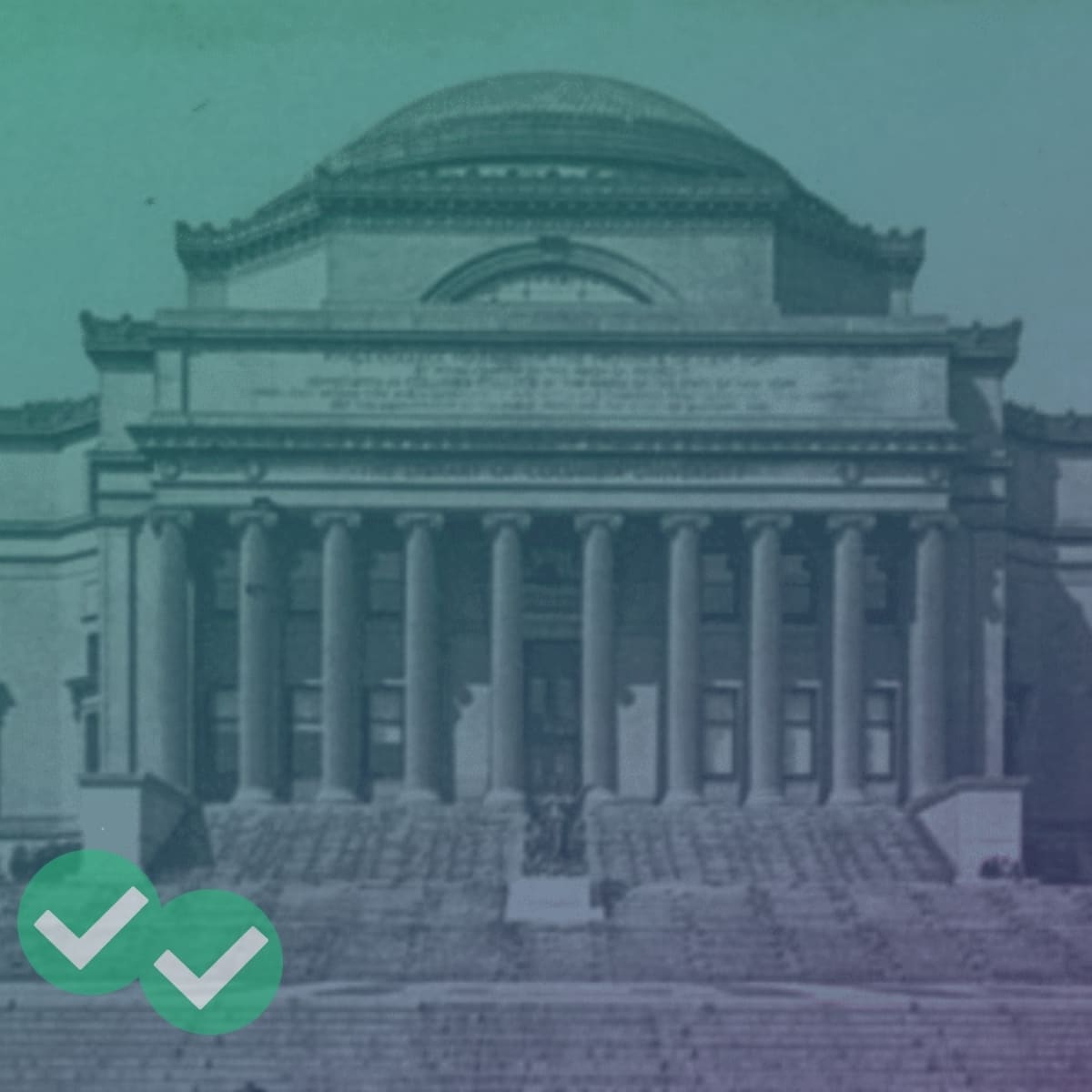
Leave a Reply